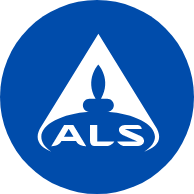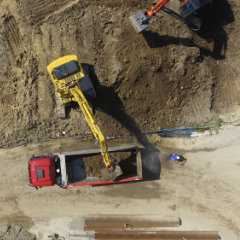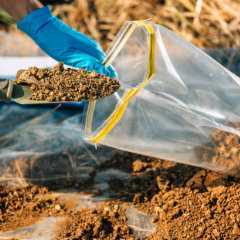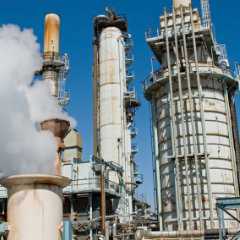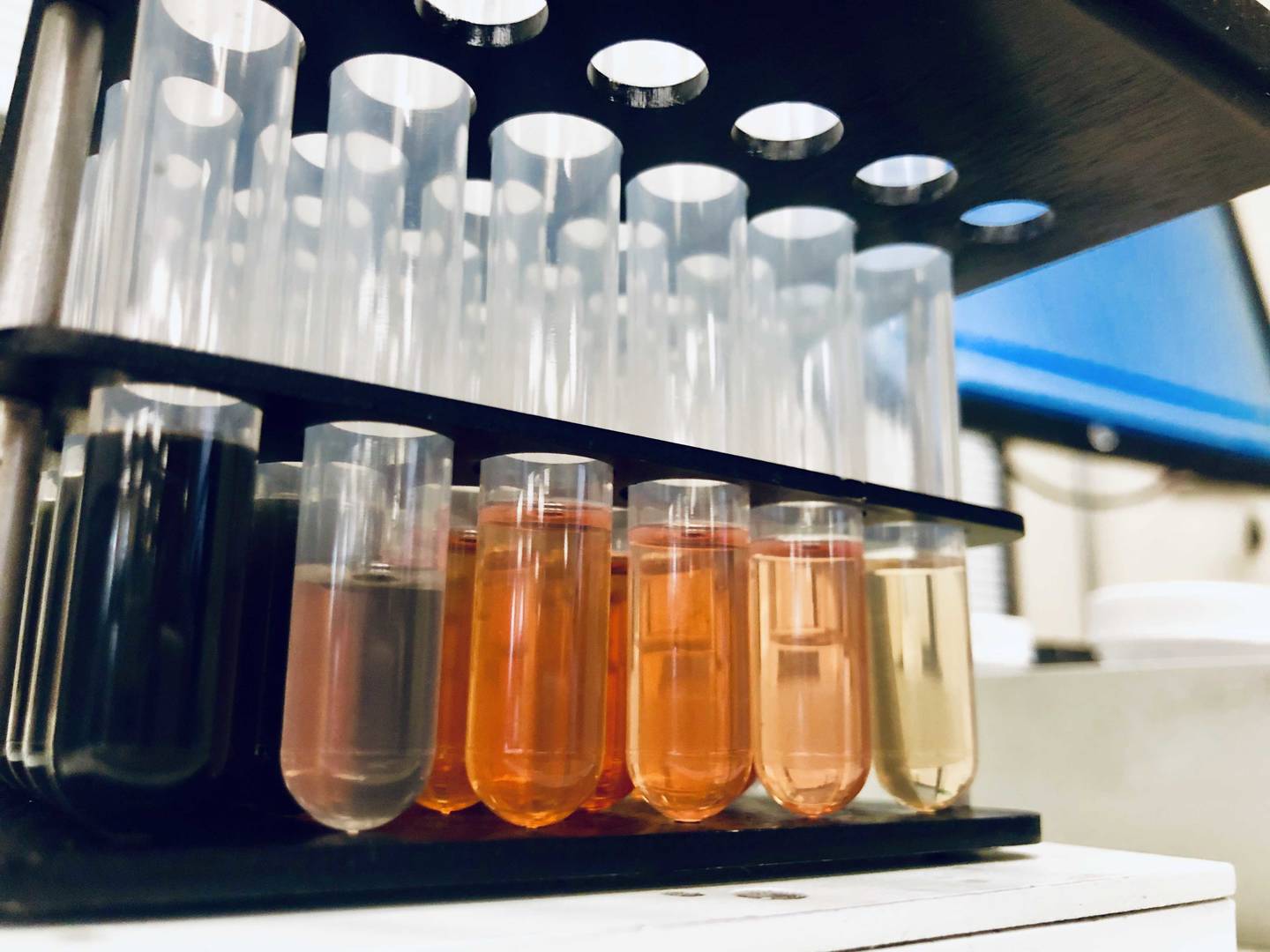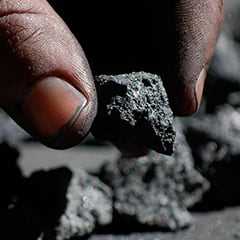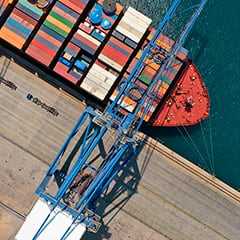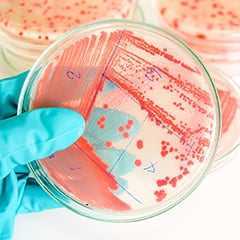NPDES Permit - Everything you Need to Know (Requirements, Application)
If you are a business owner or manager, it is important to determine whether or not you need an NPDES permit. Failure to comply with NPDES requirements can result in significant fines and penalties, as well as damage to your company's reputation.
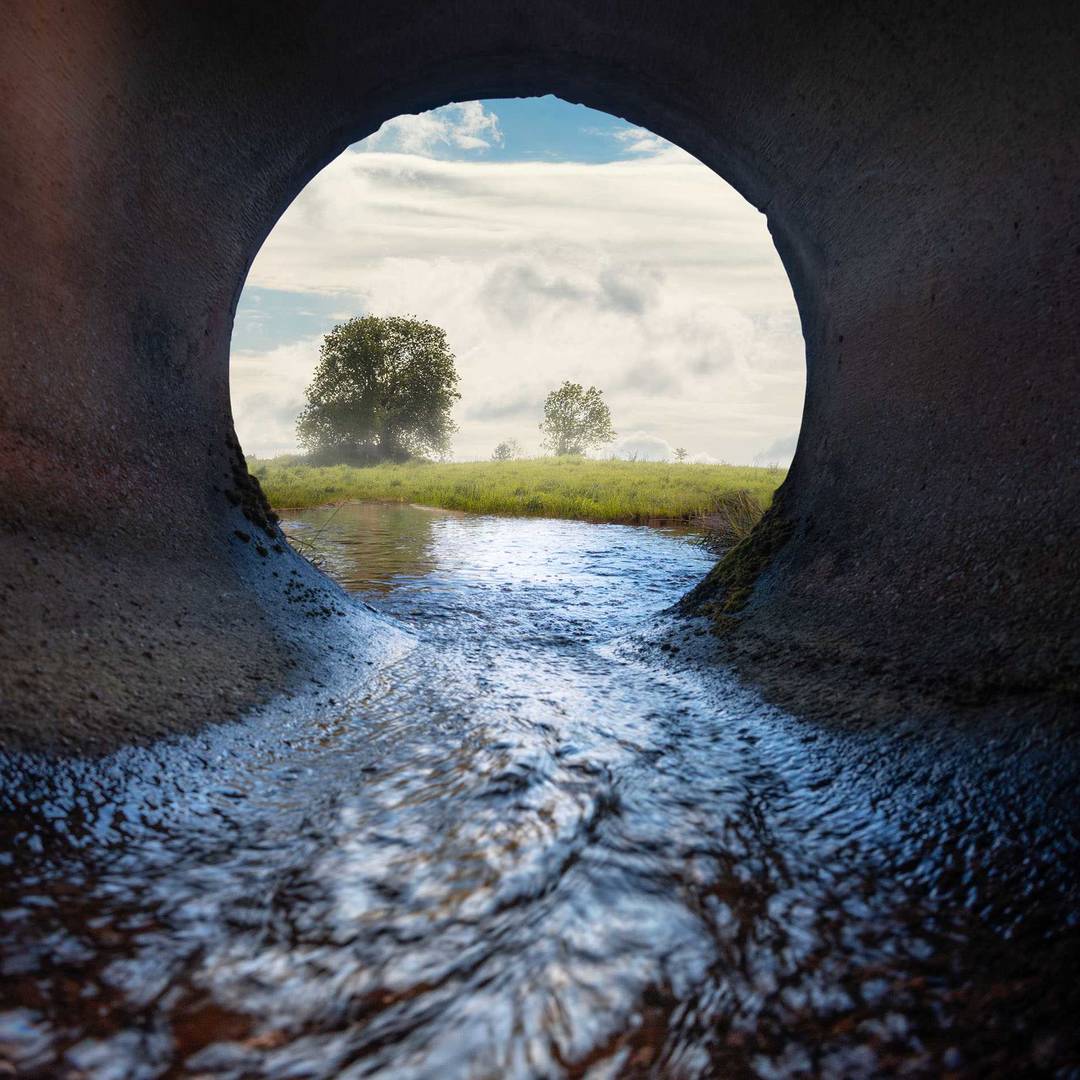
This guide will provide you with an overview of NPDES permits, including who needs one, how to apply, and what the requirements are. We will also discuss the benefits of working with a qualified environmental consultant to ensure that your business is in compliance with all applicable regulations.
Table of Contents: |
What is an NPDES permit?
An NPDES permit allows the permit holder to discharge pollutants into a United States water. Often NPDES permits are discussed in relation to wastewater discharge, however they scope is broader than that. Permits are issued by EPA regions or states that have obtained EPA approval.
The purpose of NPDES permits is to protect human health and the environment by ensuring that pollutants are not discharged into surface waters in excess of established limits. Permit holders are required to comply with a variety of requirements, including limits on the types and amounts of pollutants that can be discharged, monitoring requirements, and reporting requirements.
Who needs an NPDES permit?
Anyone discharging pollutants from a point source as defined by the Clean Water Act:
“The term "point source" means any discernible, confined and discrete conveyance, including but not limited to any pipe, ditch, channel, tunnel, conduit, well, discrete fissure, container, rolling stock, concentrated animal feeding operation, or vessel or other floating craft, from which pollutants are or may be discharged. This term does not include agricultural stormwater discharges and return flows from irrigated agriculture”.
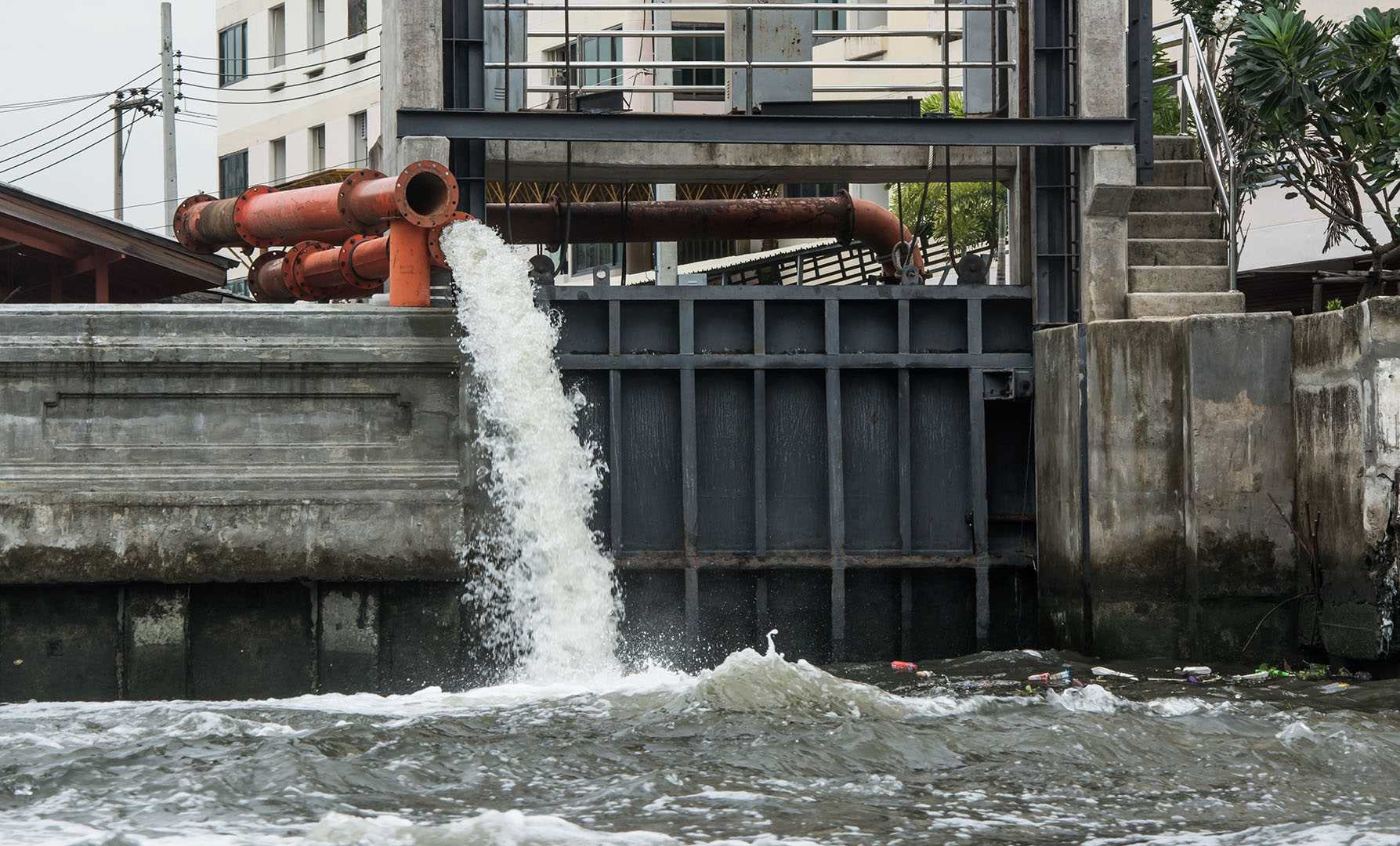
What is a pollutant?
The term "pollutant" means dredged spoil, solid waste, incinerator residue, sewage, garbage, sewage sludge, munitions, chemical wastes, biological materials, radioactive materials, heat, wrecked or discarded equipment, rock, sand, cellar dirt and industrial, municipal, and agricultural waste discharged into water.
How do I get an NPDES permit?
The process for obtaining an NPDES permit varies depending on the type of facility and the pollutants being discharged. However, in general, the process involves the following steps:
- Identify the appropriate permitting authority. This is typically your state or local environmental regulatory agency.
- Submit an application. The application will require you to provide information about your facility, the pollutants being discharged, and the steps you are taking to control pollution.
- Develop a monitoring plan. The monitoring plan will outline how you will monitor your discharge to ensure that you are complying with your permit limits.
- Pay the application fee.
- Undergo a permit review. The permitting authority will review your application and monitoring plan to determine if you meet all of the requirements for a permit.
- Receive your permit. If your application is approved, you will receive an NPDES permit from the permitting authority.
Once you have an NPDES permit, you are required to comply with all of the conditions of the permit. This includes complying with the permit limits, monitoring requirements, and reporting requirements.
What are the requirements to NPDES permit holders?
The permit requirements for NPDES permit holders vary depending on the type of facility and the pollutants being discharged. However, all permit holders must comply with the following general requirements:
- Limits on the types and amounts of pollutants that can be discharged. These limits are based on the type of facility, the pollutants being discharged, and the water quality standards of the receiving water body.
- Monitoring requirements to ensure that the permit holder is complying with the limits. Monitoring can involve collecting and analyzing samples of wastewater, stormwater runoff, or other discharges. The frequency of monitoring and the specific pollutants that must be monitored vary depending on the permit.
- Reporting requirements to keep the permitting authority informed of the facility's discharge. Reports typically include the results of monitoring, as well as information about any changes to the facility's operations that could affect its discharge.
The specific NPDES limits, monitoring, and reporting requirements for a particular facility will vary depending on the type of facility and the pollutants being discharged. However, there are some general requirements that apply to all NPDES permit holders.
For example, all NPDES permit holders must:
- Use EPA-approved methods to collect and analyze samples.
- Report all monitoring data to the permitting authority, even if the data shows that the facility is in violation of its permit limits.
- Maintain records of all monitoring data for at least three years. NPDES permits are an important tool for protecting water quality and human health.
By complying with NPDES limits, monitoring, and reporting requirements, businesses can help to ensure that their discharges do not harm the environment.
NPDES Permit Testing requirements:
The permit will stipulate sampling points, sampling frequency and compounds to be tested for by a certified laboratory. The most common parameters includes:
- Total Toxic Organics (TTOS)
- Semi-Volatile Organics and Pesticides
- Cyanide
- Chemical Oxygen Demand
- Biochemical Oxygen Demand
- Total Suspended Solids
- Title 22 Metals
- Sulfides (Total and Dissolved)
- Oil and Grease
- Total Petroleum Hydrocarbons
- PFAS
However, other compounds can be included in the permit based on the source or type of discharge.
ALS offers testing services that can help NPDES permit holders to overcome these challenges.
Our services include:
Regulatory compliance consulting: We can help you understand the complex regulations that govern NPDES permits and develop a compliance plan that meets your specific needs.
- Monitoring: We can provide you with comprehensive monitoring services to ensure that your facility is in compliance with all applicable requirements.
- Reporting: We can prepare and submit all required reports to the appropriate regulatory agencies.
Laboratory testing: ALS provides laboratory testing services for a variety of pollutants, including total toxic organics, semi-volatile organics and pesticides, cyanide, chemical oxygen demand, biochemical oxygen demand, total suspended solids, title 22 metals, sulfides (total and dissolved), oil and grease, total petroleum hydrocarbons, and PFAS.
- Certified in all 50 states
- Offer full scope of testing with few exceptions
- Sampling services in selected regions
- Sampling bottles, with pre-printed labels, provided by the laboratory
- Experienced client services staff available to guide you through the process.
Please contact us to learn how ALS can help with your NPDES Permit testing needs.
